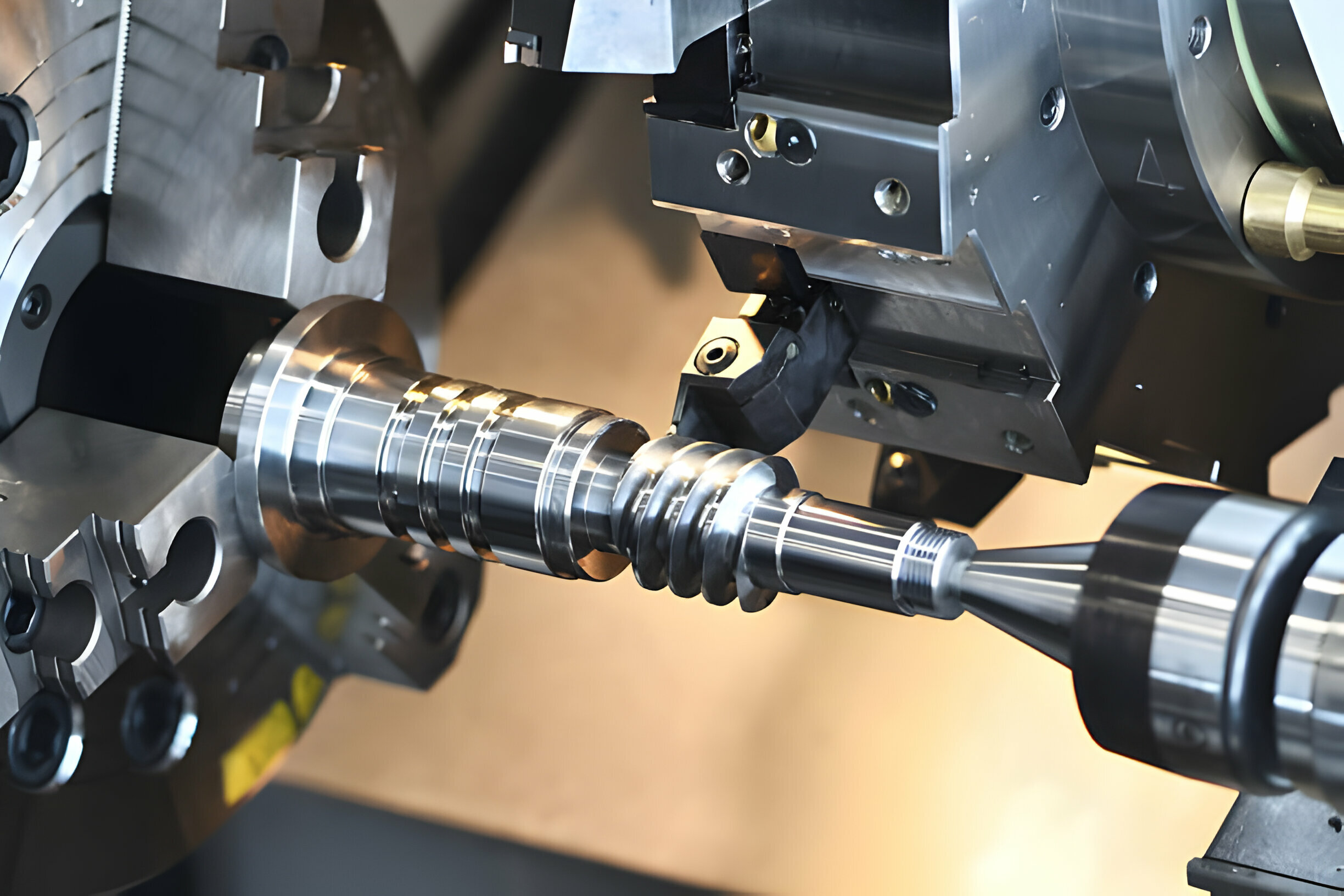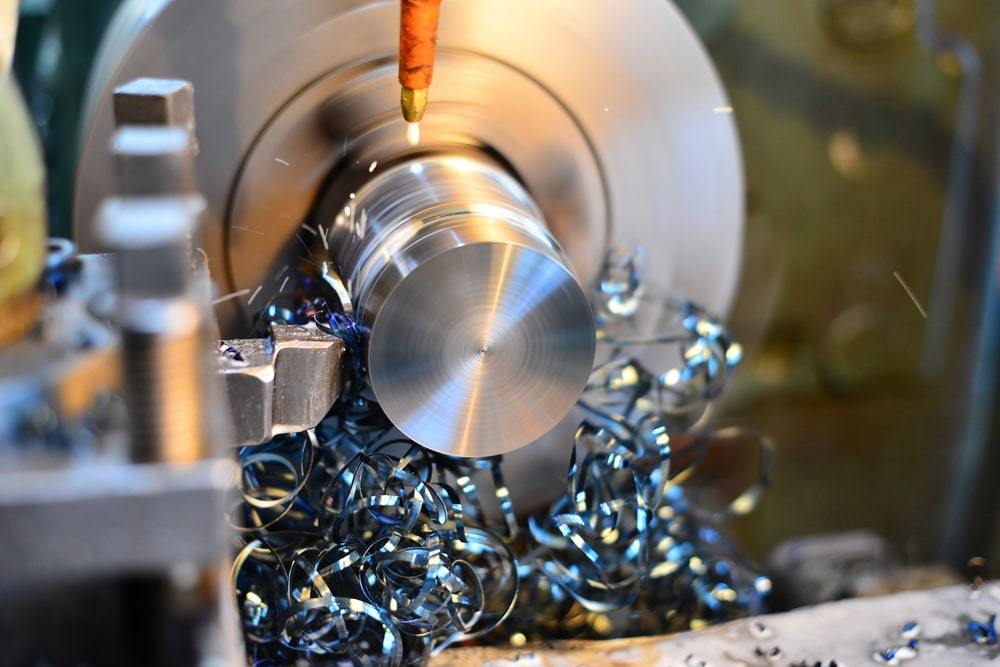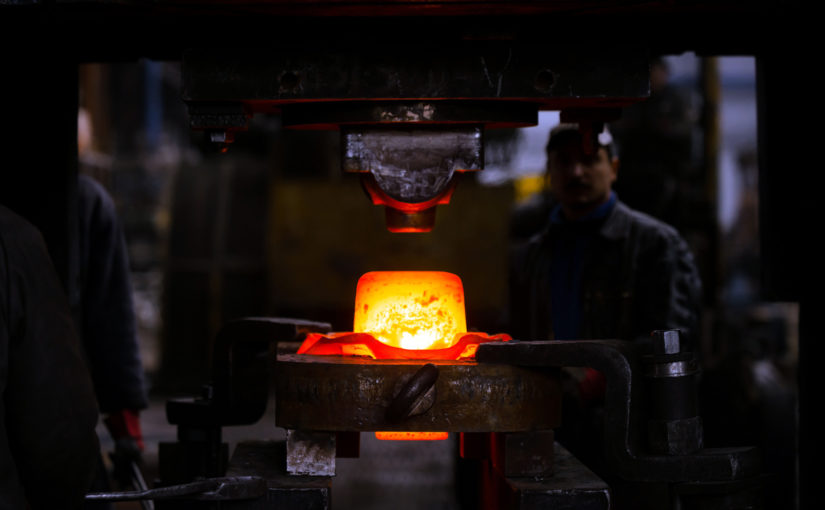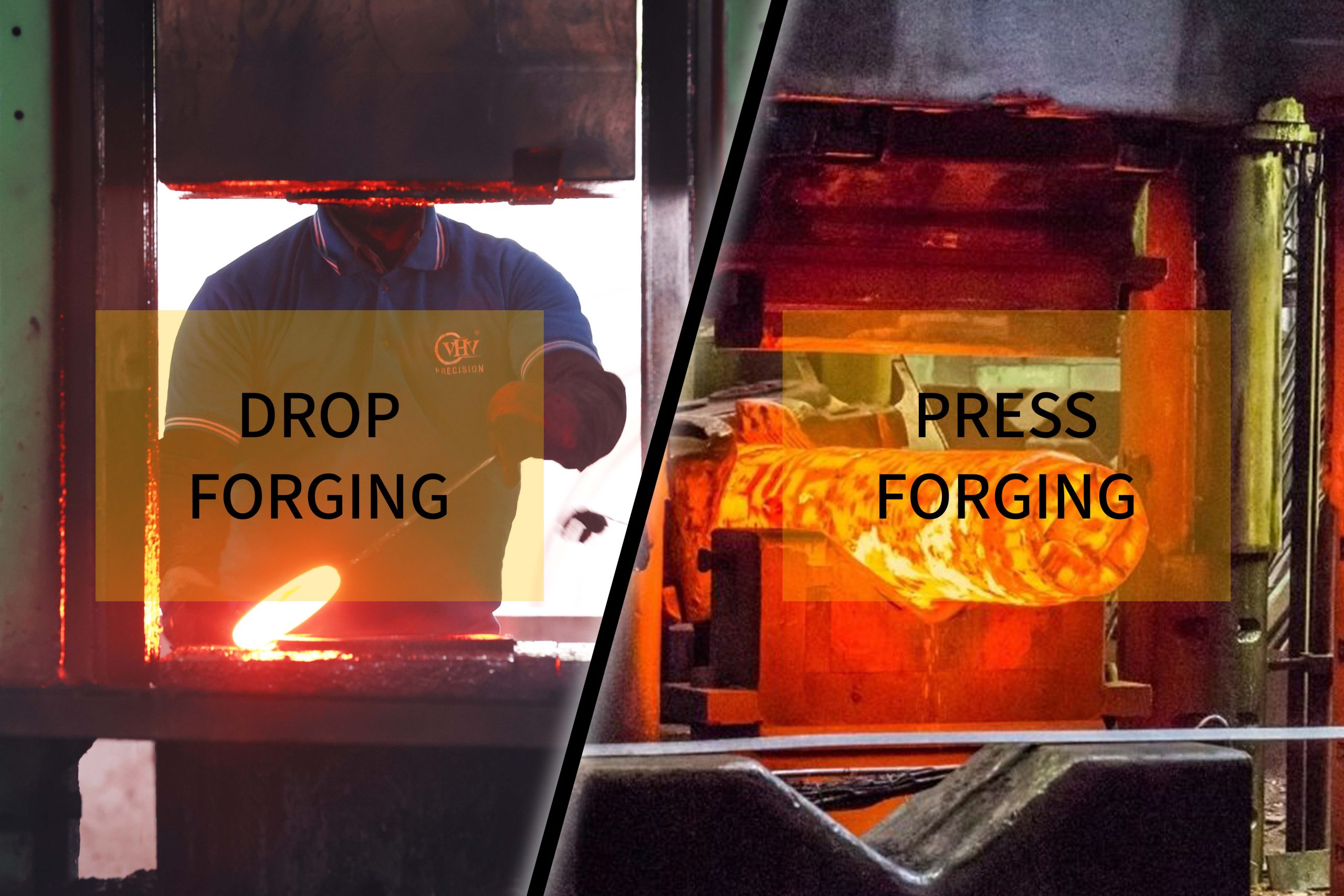Introduction
Precision CNC turning is a specialized manufacturing process that involves using computer numerical control (CNC) technology to create highly accurate and complex turned components. This technique is essential in industries where even the slightest deviation from specifications can compromise product performance and safety.
CNC Turning Process
The CNC turning process typically involves the following steps:
- Material Selection: Choosing the appropriate material based on the component’s requirements, such as strength, durability, and corrosion resistance.
- Workpiece Setup: Securing the workpiece onto a lathe spindle for rotation.
- Tool Selection and Programming: Selecting the appropriate cutting tools and programming the CNC machine to execute the desired machining operations.
- Machining: The CNC machine’s spindle rotates the workpiece while the cutting tools remove material to achieve the desired shape and dimensions.
- Finishing: Applying finishing operations like polishing or deburring to improve the surface quality and appearance.
- Inspection: Thoroughly inspecting the finished components to ensure they meet the specified tolerances and quality standards.


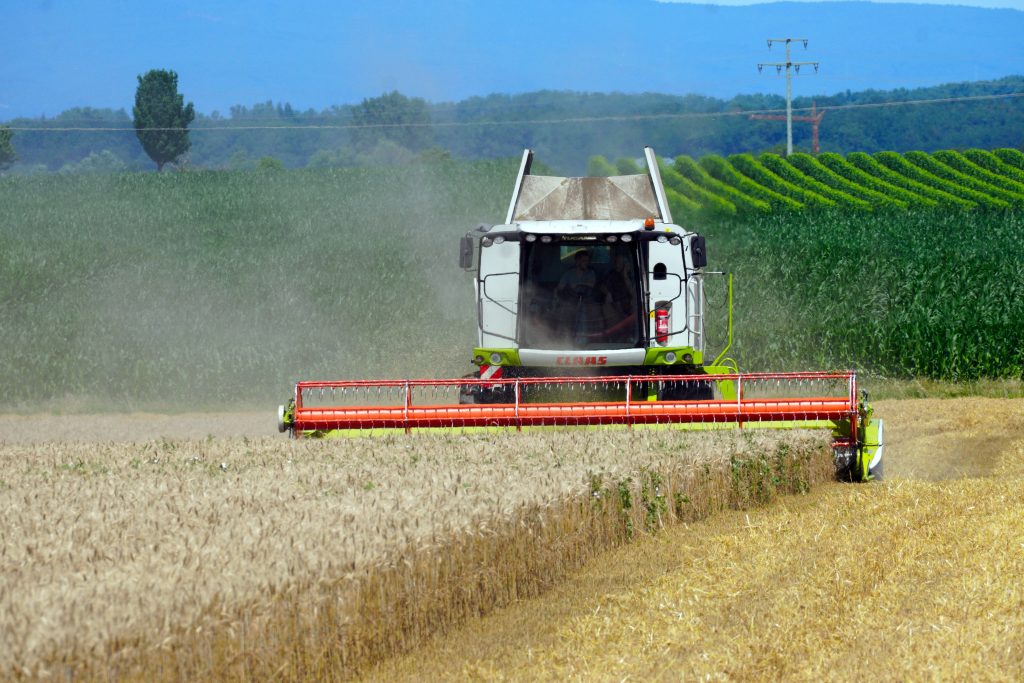
Industries Benefiting from Precision CNC Turning
- Hydraulic: CNC turning is used to produce hydraulic cylinders, valves, pumps, and other components that require precise tolerances and durability.
- Oil & Gas: The industry relies on CNC turning for manufacturing critical components such as pipes, fittings, valves, and drilling equipment.
- Automotive: CNC turning is essential for producing a variety of automotive parts, including engine components, transmission gears, brake systems, and steering components.
- Gear & Transmission: Precision CNC turning is used to manufacture gears, shafts, and other components for gearboxes and transmissions in various industries.
- Wind Energy: CNC turning is employed to produce components for wind turbines, such as hubs, nacelles, and rotor blades.
- Pump & Valves: CNC turning is used to manufacture pumps, valves, and other fluid control components with high precision and reliability.
- Marine: The marine industry relies on CNC turning for producing components such as propellers, shafts, and engine parts.
- Rail Transportation: CNC turning is used to manufacture components for locomotives, wagons, and other rail vehicles, including axles, wheels, and brakes.
- Fuel Dispenser: CNC turning is used to produce components for fuel dispensers, such as pumps, valves, and flow meters.
- Food Machinery: The food industry utilizes CNC turning to manufacture components for food processing equipment, such as mixers, grinders, and packaging machines.
- Agriculture: CNC turning is used to produce components for agricultural machinery, including tractors, harvesters, and irrigation systems.
- Construction: The construction industry benefits from CNC turning for producing components such as bolts, nuts, and structural elements.
- Airport Ground Support Equipment: CNC turning is used to manufacture components for airport ground support equipment, including baggage handlers, cargo loaders, and de-icing vehicles.
The Advantages of Precision CNC Turning
- Enhanced Accuracy: CNC turning ensures precise dimensions and tolerances, critical for components in many industries.
- Improved Efficiency: CNC automation streamlines production, leading to increased efficiency and reduced costs.
- Versatility: CNC turning can create a wide range of components, accommodating diverse industry needs.
- Repeatability: CNC machines consistently produce identical parts, ensuring product quality and reliability.
Conclusion
Precision CNC turning is a cornerstone of manufacturing, empowering industries with the ability to produce high-quality, accurate components. From hydraulic systems to aerospace applications, CNC turning plays a vital role in driving innovation and technological advancement

